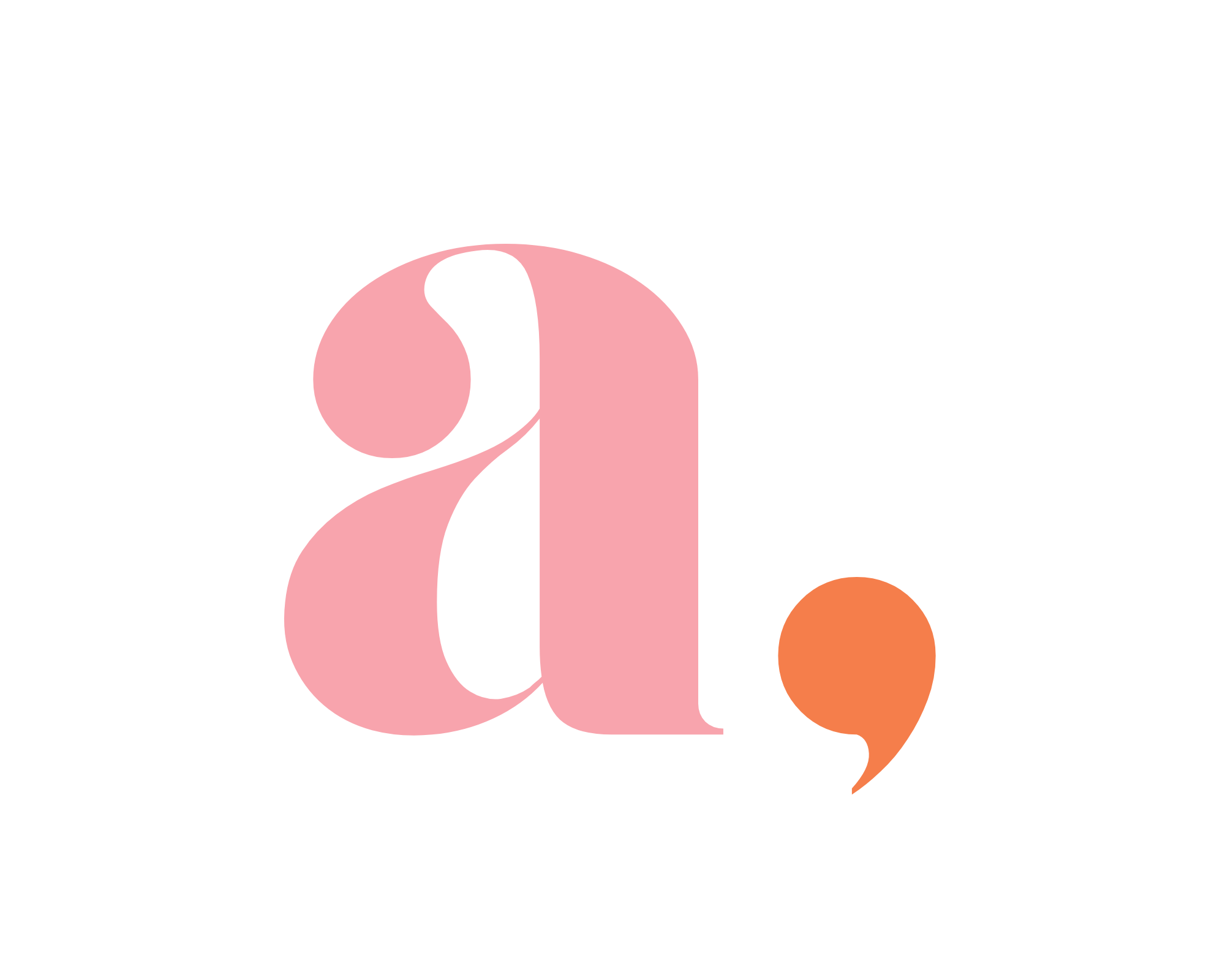49% of graduates feel down when leaving their studies – let's talk about why.
Whether it was the best 3 to 4 years of your life– or slightly the opposite – throwing your hat in the air 🎓 and leaving university can be a really bittersweet moment. You sit thinking about what the next few years should be like, or you're building up the courage to say "Hey Mum, I potentially-maybe-kinda wanna launch my own business 🤷🏽♀️".
No matter what the plan is, post grad blues are real – and it's time we start to talk about it!
These emotions can be linked to several things like:
- Not being sure about future job prospects
- Transitioning into 'adulting' full time
- Not seeing uni friends as often
- Having to now find experience in your field
Let's be real – in university, you become used to some form of structure. You have a timetable telling you which lectures and seminars to be in – it's a huge sense of security. Up until this point, nobody was pelting the big question of "what are you doing with your life?" because – well – you were just a student!
Now that this 'uni label' is no longer attached to you, it can feel overwhelming. But hey, it's not all grey skies and gloomy days ☁️. We sat down with a bunch of real graduates who share their experience of the post-grad stage and the realities of 'true adulting' after education.
Q. Did you ever experience any sort of sadness when leaving uni? If so, what was this related to?
"Yes, of course! But rather than being sad about friendship groups or leaving the institution itself, I'd ask myself – "Did I take what I could have from my time here at uni?". Studying during Covid made me ponder on whether I worked as hard as I could have or if I achieved the grades I was capable of getting." – (Hannah, Bsc in BioMed)
University gave me that security and guided my days to the point that I did feel anxious when leaving.
"I wouldn't say I was sad to leave uni – I was more anxious if anything. In my opinion, uni was like dead time for you to figure your life out. So when you reach graduation, you feel like you should know what you're doing by that point, but I didn't so the nerves were real. I wasn't overly upset about leaving uni – it's more the unknown that is hard" – (Isabel, Mathematics BSc)
Another graduate opened up about her feelings when leaving uni and said:
"I feel like with university I was in such a routine. I'd wake up, I'd have something to do, and be able to crack on with my essays and read my books. So as soon as I submitted my final dissertation, I woke up the next day and genuinely felt like I had nothing to do. University gave me that security and guided my days to the point that I felt anxious when leaving." – (Salma, Media & Sociology BA Hons)
Q. Did you have a game plan in the months leading up to your graduation, or were you planning on figuring it out afterwards?
"I definitely had a game plan! Although this is really useful, I think a lot of my planning was due to two things; the nature of my degree and how structured I like to be. I started my application for med school a whole year before going into it and I had all my steps ready to go. I knew how much money I needed to save up beforehand and just prepped myself. I like to stay on top of things in general so I think this was wise for me to do." – (Hannah, BSc in BioMed)
For me, I wanted to enjoy my life after studying because when do you really get this time back?!
This former student tell us about her plans to chill out after uni! 👇
"I didn't want to go into a graduate job straight away – that just isn't what I wanted. I wanted to take some time off and even pick up a part-time job in H&M first before going into a 9-5! For me, I wanted to enjoy my life after studying because when do you really get this time back?!" – (Isabel, BSc Mathematics)

"I had a plan of where I wanted to work for the next few years. The nature of my degree meant that it was easy to find a job in the healthcare sector and you kind of know what you're going to be after graduating. So, I dodged a lot of the anxieties that people tend to feel after graduating – but I did feel it later in life once I worked a few years in the industry – (Mary)
"Because I was so excited to finish and graduate, my whole thought process was just about my ceremony, how I wanted my graduation to be, and finally having some time to myself. The truth is, I didn't put much thought into the future – I thought it would just flow.." – (Salma)
Q. Was there a tough time period between graduating from uni and landing your first job?
When you finish uni, you're excited to have all that free time but then it hits you that you need money to actually enjoy it!
"Absolutely! I feel like it was pretty tough to find work and be accepted my companies in my field of Journalism. A lot of graduates like myself will end up going for something completely separate because of the harsh reality of finding a job after studies. Although, this did make me feel a little unaccomplished and determined to work harder." – (Salma, Media & Sociology BA Hons)
"No, not between graduation and my first job but the biggest struggle was not having money after my exams. When you finish uni, you're excited to have all that free time but then it hits you that you need money to actually enjoy it! I ended up working a part-time job but made sure I enjoyed my life for a bit and even went on holiday before the real adulting had to start." – (Mary)
"Yeah and I think this is because [in my culture] a lot of girls do a degree to please their parents so now I'm at a point where I'm like, "do I do something that will please others or do I do what will make me happy?" and I'm just trying to figure it all out now" – (Isabel, BSc in Mathematics)
Q. Did you feel like you got much help from your uni in terms of future job prospects or interview prep?
"Honestly – I did receive a lot of emails about these things in terms of job mentoring but I didn't really go ahead with it due to doubt and thinking that it wouldn't be very beneficial" – (Salma)
"No, I didn't get much help until I met someone on my own placement. This person was actually the one to help me with my job prospects. Making connections during placement is really important. Because I got to know this lady (who was head of recruitment), I didn't even have to do an interview for my first job which was handy!" – (Mary)
"Kind of, yeah! They had lecture talks about applying to med school and they did offer help on applications for cardiology jobs – but in terms of interview tips, no not really." – (Hannah)
Q. Did you ever feel confused about what it is that you actually wanted to do after leaving uni?
"I felt like a Masters degree would help, so that's what I did. But in reality, I learnt that gaining experience is way more important than that. I thought that an extra degree would help me get into firms and companies, but it was the complete opposite. Experience is so valuable." – (Salma, Media and Sociology BA Hons)
"I think I'm actually experiencing that feeling now as opposed to after I graduated. I've done the courses I wanted to and worked in the departments I needed to, but now I'm thinking what to do next." – (Mary)
Being smart or academic is only 30% of what the working world is about.
"Yes! I think it stems from my personality type of wanting to do multiple different things, so I took some time to think about why I wanted to do each job role and made my decision that way. But it's definitely a difficult period and sometimes you just don't know what you want to do." – (Hannah, Bsc in BioMed)
"Yes! Before studying Maths, I was actually doing a degree in Bio Med but I hated it. I decided to do Maths but it's still easy to feel confused about what you want after." – (Isabel, Bsc in Mathematics)
"Q. Are there any improvements that need to be made to the uni system to help graduates transition into their full-time work?
"Oh 100%. I was fortunate to have a lot of placements on my degree so I knew what my future role would entail but I think for other degrees, you don't really know what you're getting into. Sometimes you have a job idea in your head but you have no idea how to go about getting it. Universities need to provide more support to ethnic minorities and people of working class backgrounds, for sure. Some people have parents in high job positions or a strong network to rely on when they need work, but this isn't the case for the majority and this is where universities should help." – (Mary)
A lot of degrees are interesting, but in terms of career and job progression they might not offer much at all.
"Yeah, for sure. I think offering more career fairs and letting students know what jobs are available in general would be good. Giving them the chance to connect with different professionals would help students make up their mind about what they want and would just be super beneficial."– (Hannah)
"I would say uni's should make us aware of the career options that we do have in relation to our degrees. With Maths, it endless and you can go into anything but they don't really give you much information to work with." – (Isabel)
"100%. I feel like universities need to be really open and clear about their courses and the jobs that it can offer in the future. A lot of degrees are interesting, but in terms of career and job progression they might not offer much at all." – (Salma)
Q. What advice would you give to newly graduates to help them stay positive and motivated during this time?
"Firstly I'd say that you should do a degree in a subject you love. But once your studies are finished, don't give up. It's inevitable that you'll get rejected a few times before you find the right path. Don't give up when it comes to applying for positions and in the mean time, try and get as much experience as possible because it really does count! – (Salma, Media and Sociology BA Hons)
You're allowed to make mistakes because sometimes you learn the best from your failures.
"Put yourself out there and do as much experience as possible. I think building connections is everything. Being smart or academic is only 30% of what the working world is about. The majority of it is having the 'gift of the gab' and knowing the right people. Focus on making contacts that will leverage you later down the line." – (Mary)
"Don't allow other people to influence your decision and don't put so much pressure on yourself. You're allowed to make mistakes because sometimes you learn the best from your failures. Time is a beautiful thing, and when you accept to go where life takes you – you make better decisions as opposed to when you rush because you're feeling panicked." – (Hannah)
"There's no rush. You don't have to have life figured out. Just keep going and keep making dua! Do what is compulsory upon you and tie your camel, but have ultimate faith in Allah because He's got you." – (Isabel, Bsc in Mathematics)
And That's a Wrap!
We thank these former students for taking the time out and open up to us about their real experiences of finishing university. 💓 It can certainly be a daunting time in a young person's life but it's important to remember one thing – it's a journey, not a race.
You're not always going to have everything figured out but, you know what? That's completely okay!
It's okay to feel nervous and a little unsure, but take a moment to sit down with yourself and think about what it is that you really want. There is beauty in taking time and – like the some students mentioned above – experience is everything! Don't be afraid to put yourself out there and make those connections that can aid you later in life... you never know who someone else knows, eh!
Here's a List of Helpful Resources for Grads 👇
- HeyTempo – Helping Grads kickstart their careers
- Prospects – Discovering the job prospects that your degree offers
- SaveTheStudent Tips – Helpful tips on landing a graduate job








Member discussion